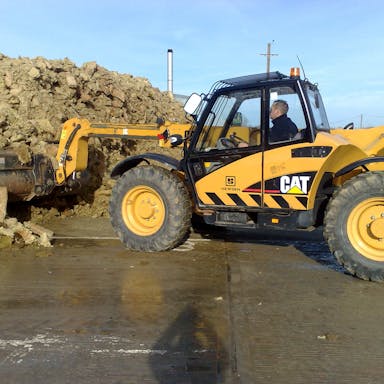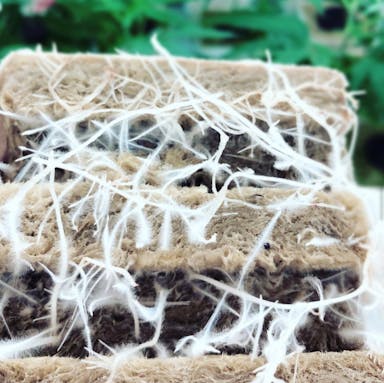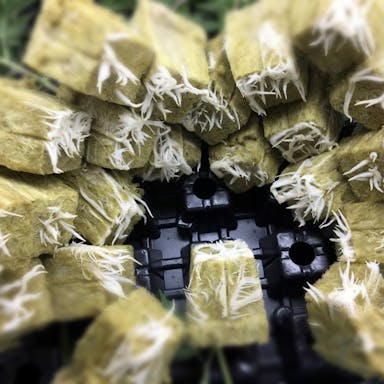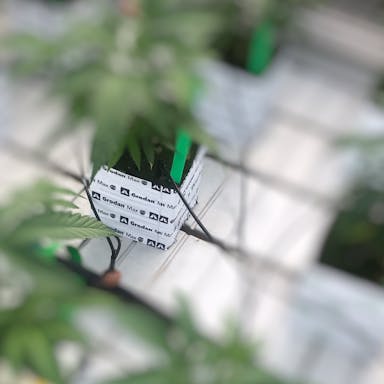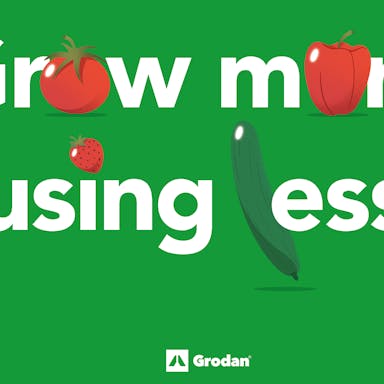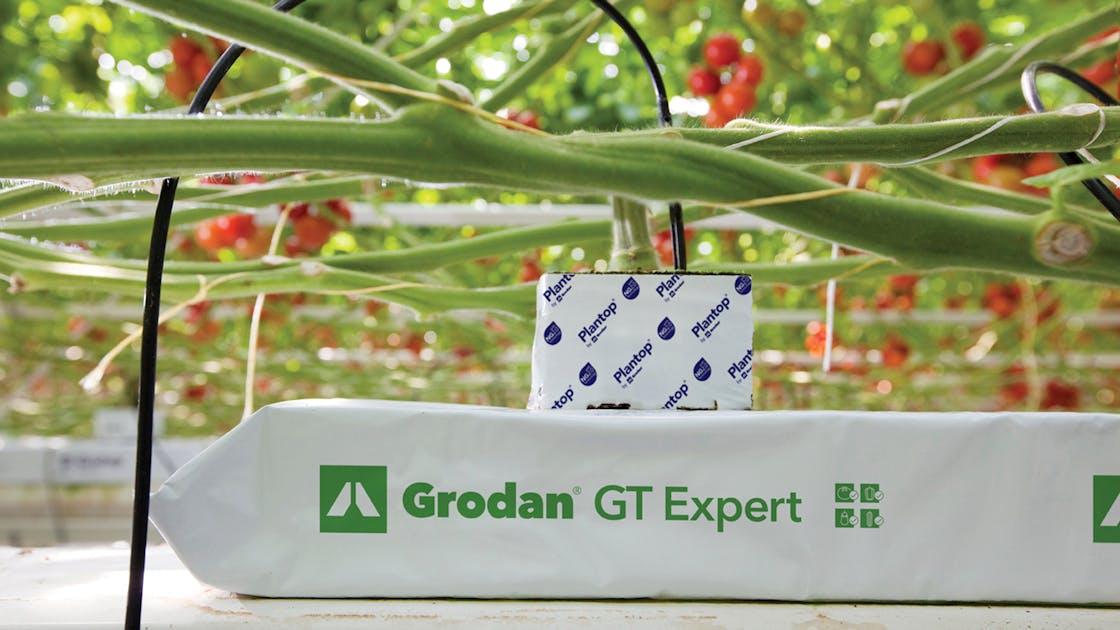How soilless cultivation can prevent water pollution
Did you know that 70 percent of our fresh water use goes to agriculture? Water is essential for sustaining economic growth and meeting the increased global demand for food. However, the availability of water resources globally is on the decline, and water pollution from unsustainable agricultural practices poses a serious risk to human health and the planet’s ecosystems. This needs to change. At Grodan, we believe it’s crucial to improve efficiencies in soil and water management, in order to grow our food in a sustainable way and prevent further water pollution. That’s why today, on World Soil Day, we highlight our latest research report: “How soilless growing has an effect on less water pollution”.
The research report presents proof points that the quality of our soil can be improved and water pollution can be prevented if we cultivate in closed systems on growing media such as mineral wool. This way of working, soilless cultivation, actually reduces the runoff of water and fertilizer into the environment significantly, because nutrient solutions can be recirculated and there is no interaction with water flows in the soil. According to the research, soilless cultivation reduces fertilizer use per kg of product by about 25% compared to soil-based cultivation, and zero emissions of water, nutrients and plant protection products can be obtained.
World Soil Day is a good reminder to refocus our attention on refining and preserving the quality of our water, and to improve our global soil and water management further. At Grodan, we do this by supplying innovative, sustainable stone wool growing media solutions for the horticulture sector. With these solutions, we facilitate sustainable production of healthy and fresh food produce.
Read the full research report here: https://www.grodan.com/our-thinking/our-thinking-storys/how-soilless-growing-has-an-effect-on-less-water-pollution/
